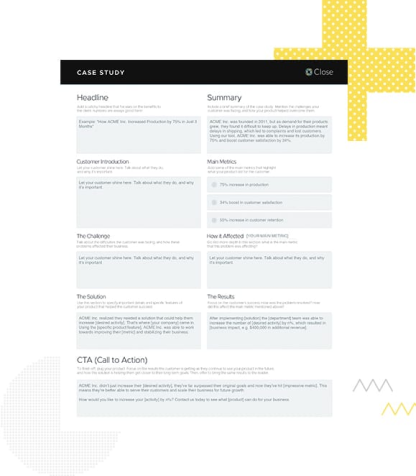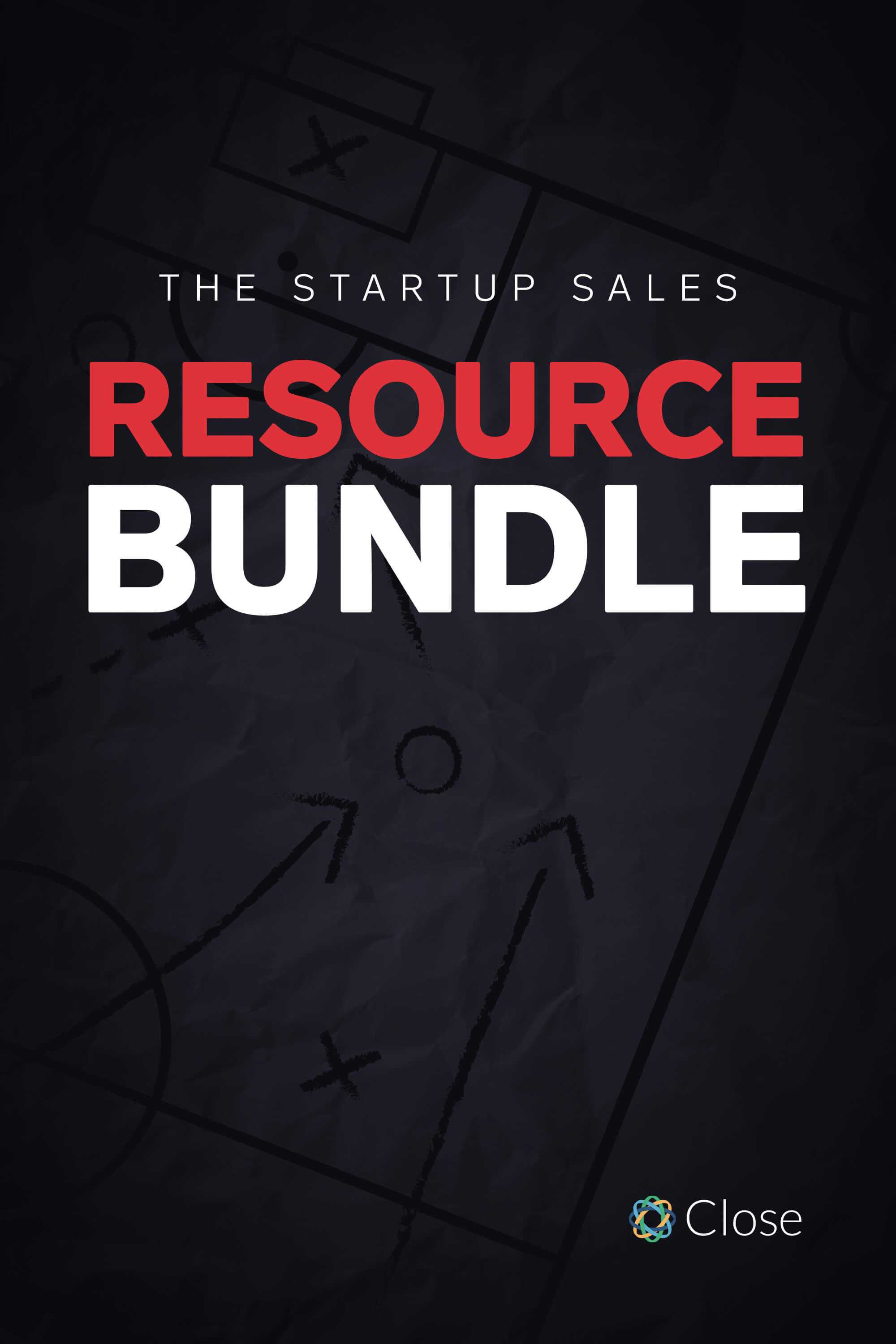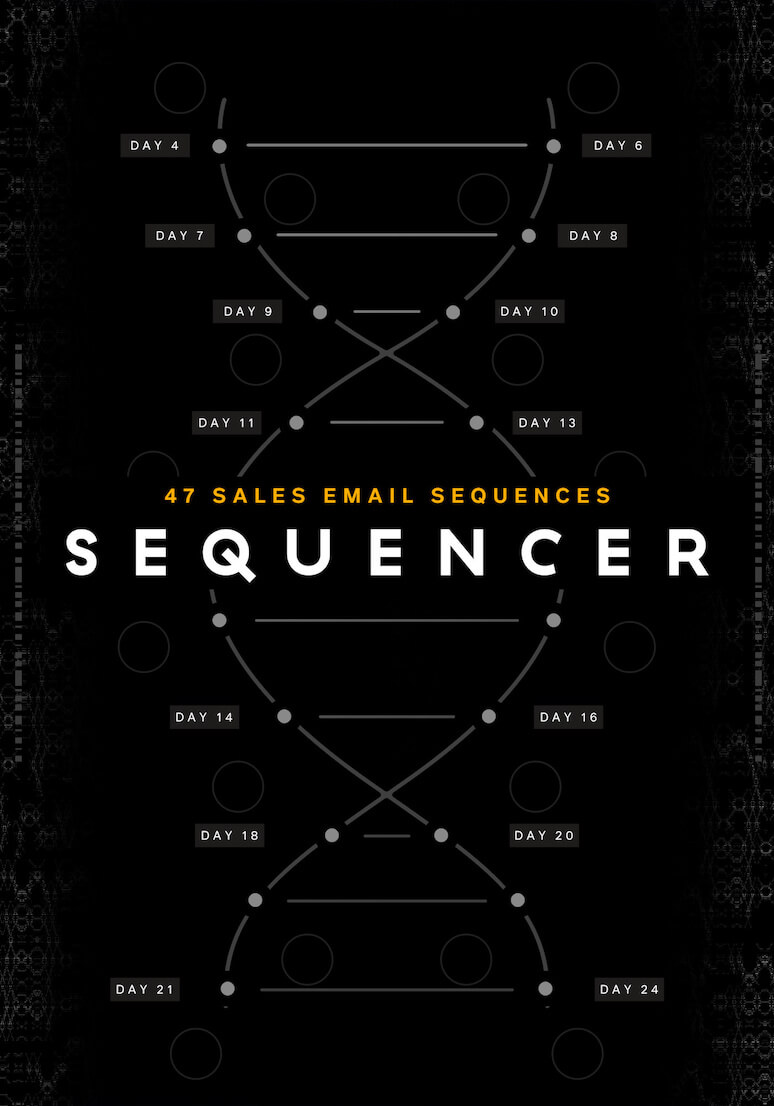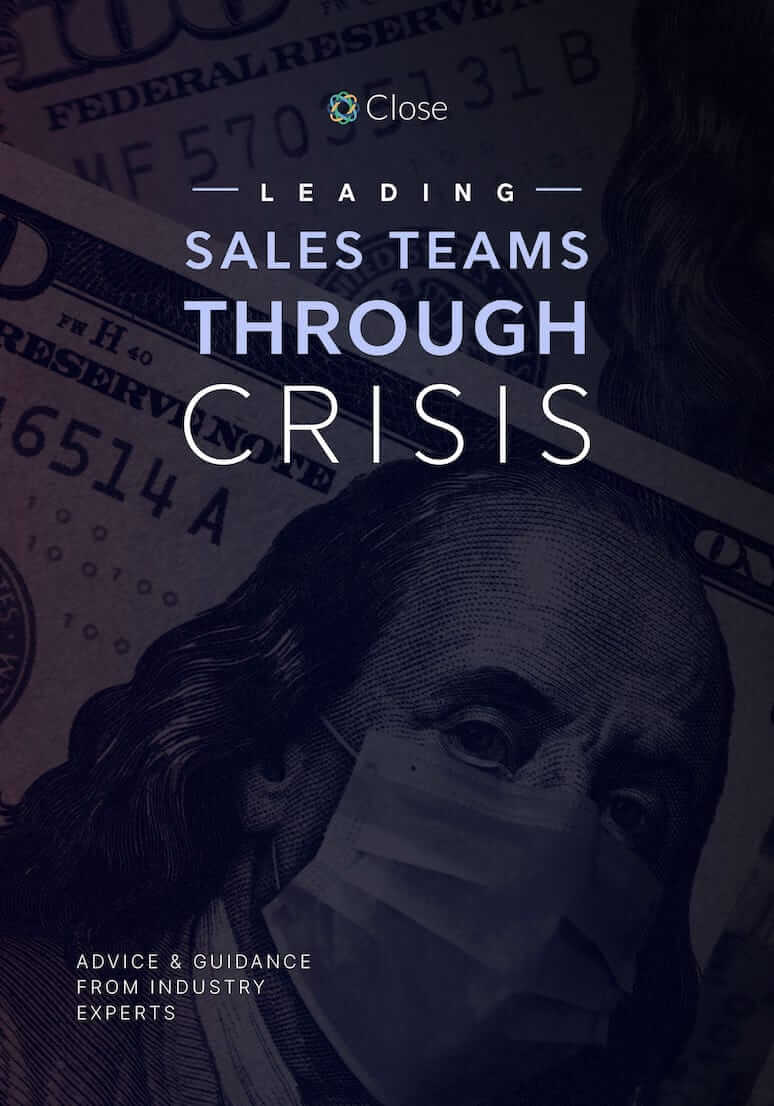The Sales Hiring Playbook
Start from nothing and effortlessly scale to your first 25 reps: Written for founders and sales managers leading their own sales teams. Learn how to recruit, interview, and hire the best candidates using specific insights and practical steps to filling your candidate pipeline. Recently updated with even more content:
- Sales hiring checklist
- Sales hiring email template
- Sales interview questions
No items found.
More great books to help you crush it.
We'll provide you the knowledge and inspiration you need to up your sales.

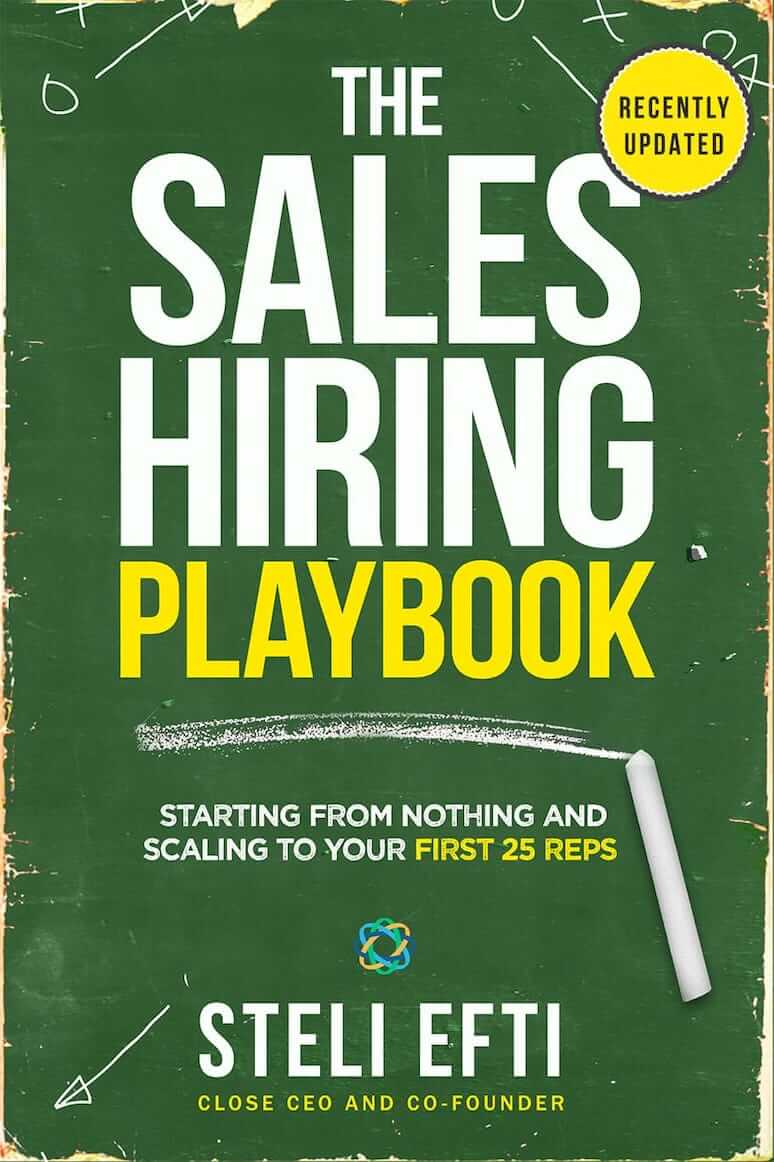
.svg)



